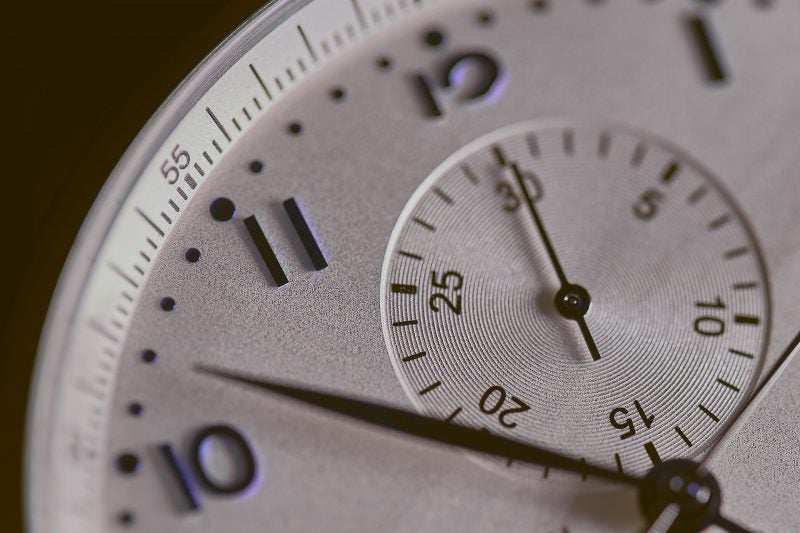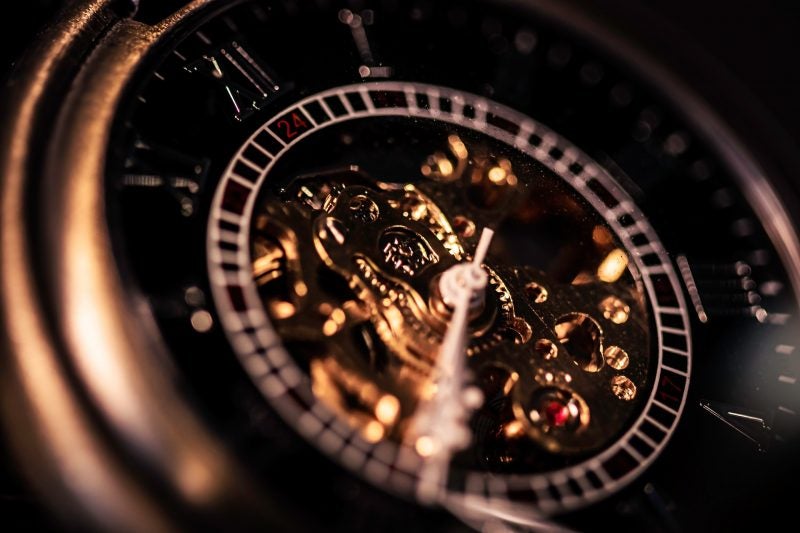Wristwatches have been one of the most loved accessories and luxury items for decades.
They are also an item that has seen huge improvements and advancements over the years; here are a few advancements taking over the next generation of timepieces.
Materials
Stainless steel, gold, and a form of rubber (for fitness pieces) have been the go-to materials for manufacturers. However, recent studies and discoveries have shown that a few materials are better suited to watch-making.
Carbon Fiber
Carbon fiber is a material that many will probably be surprised isn’t common in the timepiece world. It is lightweight yet incredibly strong, making it the ideal material for a comfortable yet exceptionally durable piece. Whether it be one of the many Roberto Cavalli watches or one of the newer Apple smart devices, carbon fiber can quickly take over the watch space.
Ceramic
Ceramic is a material manufacturers and designers are turning to due to its longevity, resistance to corrosion, and resistance to thermal fluctuations. This means a ceramic watch will look newer for longer than a regular timepiece.
Titanium
Titanium is used more thanks to its impressive durability and even better strength-to-weight ratio. A titanium bracelet and case can take a beating while remaining lightweight and comfortable.

Anti-Magnetic Movements
Magnetic fields have always been one of the biggest threats to mechanical watches’ mechanics and accuracy. Recent innovations have seen manufacturers create anti-magnetic movements and materials, ensuring the accuracy of their timepieces.
Improved Water-Resistance
Water resistance may be a feature that is several decades old now, but that hasn’t stopped manufacturers from continuing to improve it. New and improved seals, gaskets, and better case construction lead to watches reaching deeper depths.
Precision Engineering
While manufacturers are still trying to keep their processes as traditional as possible, many have seen the benefits of using modern machines to improve the precision of the parts they make and design. CAD and CNC machines allow manufacturers to create more intricate designs, and movements are so highly detailed and finished that they perform better than those not made with the devices.
Hybrid Movements
While many think there is an ongoing battle between mechanical and smartwatches, some manufacturers combine the two. Hybrid movements give you the benefit of both worlds, with the best of mechanical and smart movements in one body. A hybrid timepiece gives you the sophisticated beauty of a mechanical watch but with smartwatch features such as a fitness tracker and internet connectivity.
Design Improvements
There have also been significant changes and improvements in the design and look of watches, with openwork designs and full customization being two of the most pivotal changes we have seen recently.
Openwork
We have seen openwork timepieces before, but lately, they have become far more common. An openwork design does away with trying to hide the detail and intricacy of the watch and allows you to see every millimeter of the interior or the beautiful tourbillon. These openwork designs are almost the complete opposite of a traditional watch. However, several manufacturers have made them just as chic and sleek as a classic timepiece.
Customization
Complete customization hasn’t taken off in the clock or timepiece world, except for the rich and famous, which gets manufacturers to create something unique for them. This process is also costly; buyers can wait months to receive their pieces. However, customization has now become far more mainstream in the watch world. Some manufacturers allow buyers to pick their dial, strap, casing, etc., and create a unique piece that encompasses their favorite colors and materials.

Celestial Elements
We are all accustomed to watches having a date feature, depth reader, etc., but one of the newer additions is that of celestial bodies. Manufacturers are adding features that tell you the different phases of the moon, for example. Celestial elements are also becoming increasingly prominent in the design of timepieces, with the moon, sun, and stars becoming eye-catching details on the faces of timepieces.
Vintage Meets Modern
Finally, from a design standpoint, manufacturers are choosing to incorporate the old with the new. Brands such as Casio, Guess, Diesel, and many more are all brands that have incredibly famous vintage designs, but they want to take them to the next level. These manufacturers are incorporating more modern features and technology into the bodies of vintage watches, giving buyers the traditional look and feel they want without sacrificing functionality.
As you can see, watch design and mechanics have turned a corner over the past couple of years, and with technology continuing to improve, it is hard to tell what the future watches will look like and even harder to know what they will be capable of doing.

















